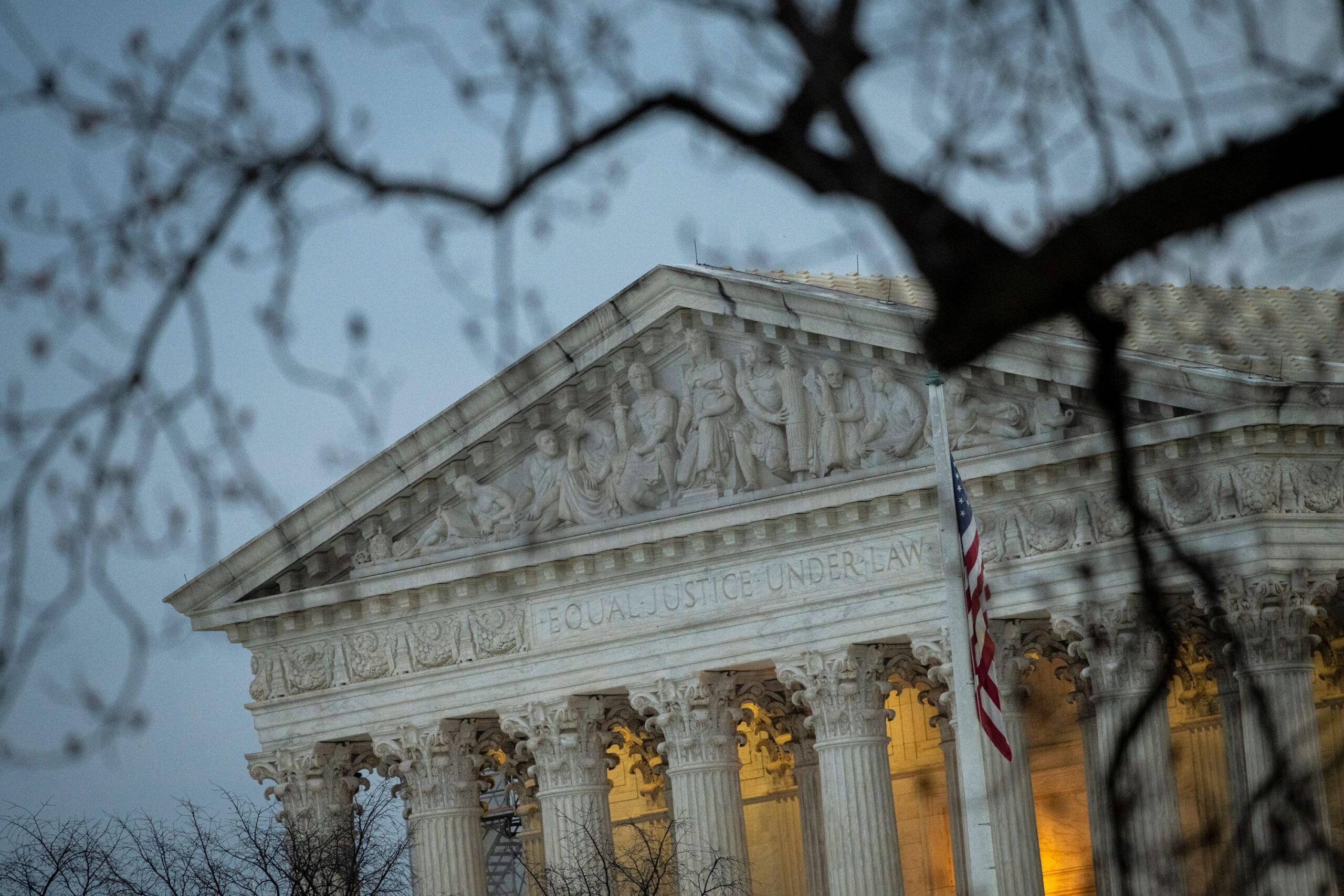The 2024 presidential election year has begun amidst a whirlwind of campaign and courtroom dramas. The climax of a long primary campaign sees a current and a former Republican governor emerging to challenge former President Donald Trump. However, the situation is muddled by serious questions about whether Trump will appear on primary ballots in every state.
Following the US Supreme Court’s decision last month not to expedite a ruling on whether he has immunity from criminal prosecution, Trump is now urging the court to fast-track the ballot question. He argues that voters should have the right to see him on every ballot. This comes as a peculiar irony, given that Trump is currently being prosecuted for his attempts to overturn the 2020 election and disenfranchise voters.
Trump Remains on Colorado Ballot for Now
The first presidential primary contest – the Iowa caucuses – is set to occur in about 10 days, marking the official start of the delegate-massing game. Despite the Colorado Supreme Court’s December ruling that he should be constitutionally ineligible for office under the 14th Amendment’s “insurrectionist ban,” Trump remains on the Colorado primary ballot. He has formally asked the US Supreme Court to overturn the Colorado ruling.
Trump also remains on the ballot in Maine, where the secretary of state has ruled him ineligible but an appeal is pending in state court. His eligibility is also being challenged in Oregon. Meanwhile, liberal advocacy groups are using state election rules to question Trump’s eligibility in Illinois and Massachusetts.
Colorado’s Timeline
Colorado Secretary of State Jena Griswold, a Democrat, plans to certify names for the primary ballot on Friday. Early voting in Colorado begins in late February, and the primary itself is on March 5, Super Tuesday. If the US Supreme Court were to uphold the Colorado Supreme Court’s December ruling after Trump’s name was already printed on ballots, those votes would not be counted, according to Griswold.
Increasing Likelihood of Criminal Trial Delay
The Supreme Court has already rejected one Trump-related, fast-track request. This rejection increases the possibility that Trump’s slate of four separate criminal trials could be delayed. The federal election interference case currently has a trial date of March 4, the day before Super Tuesday.
Role Reversal
Trump’s strategy is to delay his trials. His attorneys argued that Special counsel Jack Smith should potentially be held in contempt of court for continuing to submit filings in the case while an appeals court considers Trump’s immunity claim. This is a stark contrast to the usual Republican argument that state governments should have more control over elections.
Iowa Time
Republicans in Iowa will decide on January 15 if they’ll back Trump or one of his top two rivals, Florida Gov. Ron DeSantis or former South Carolina Gov. Nikki Haley. Both DeSantis and Haley will try to convince uncommitted, likely caucusgoers during town halls on CNN Thursday night.
Despite the campaign being underway for months, many voters are just now taking a closer look at the candidates and the race. The undecided voters are largely those who are looking for an alternative to Donald Trump. The supporters of the former president are more likely to be locked in on their choices.
Looking to the Future
An undecided Iowa Republican named Doug Stout expressed his preference for a future-focused candidate, rather than one dwelling on the past. He thinks highly of Trump but would rather see Republicans pick a governor. The caucuses have a spotty record of picking presidents, but they do play an important role in the primary process.
While Haley and DeSantis are vying for uncommitted caucusgoers, Trump’s supporters seem loyal specifically to him. This is unlike any previous open Republican primary, since Trump is running as a former president. Unlike 2016, when he lost the Iowa Republican caucuses to Sen. Ted Cruz of Texas, Trump has a much more organized ground game this year.

